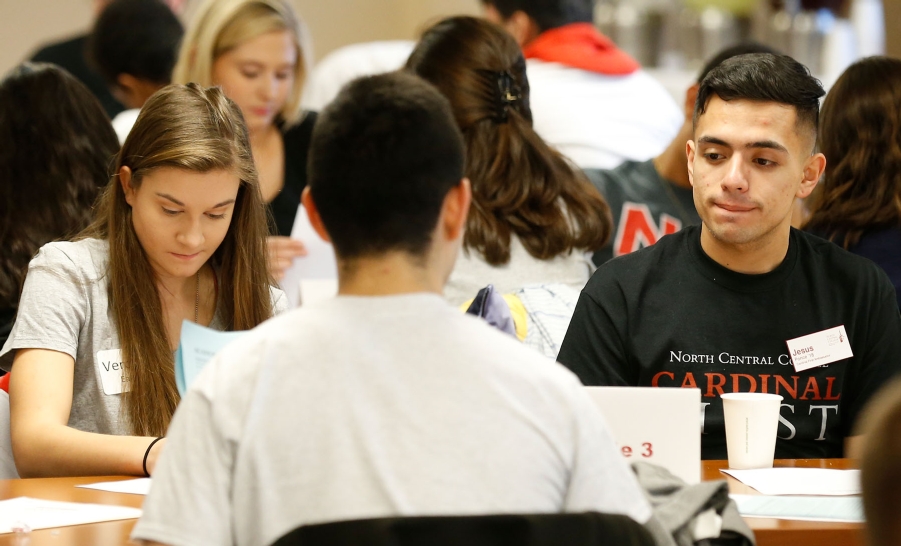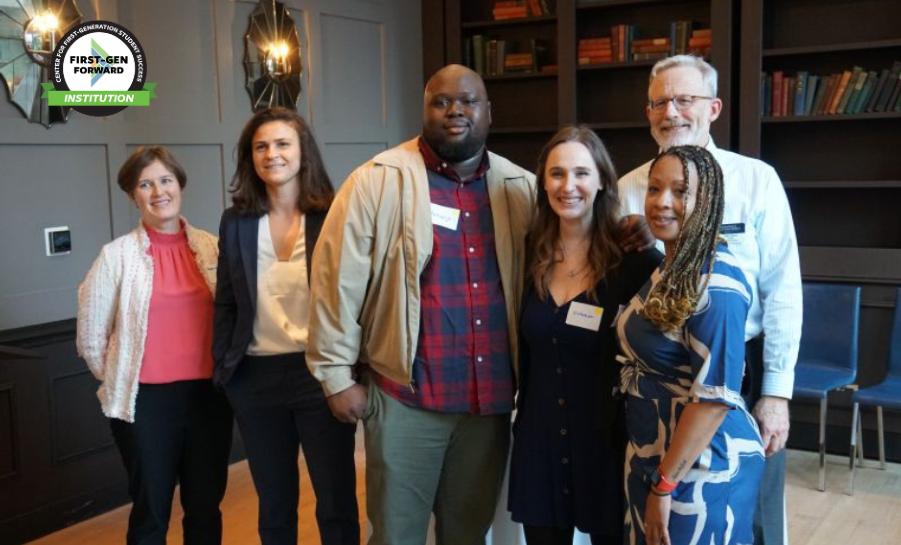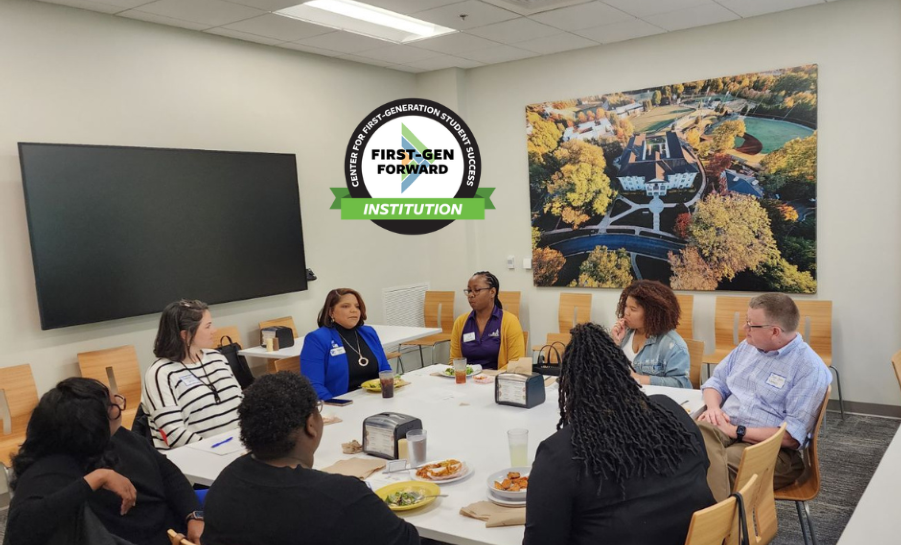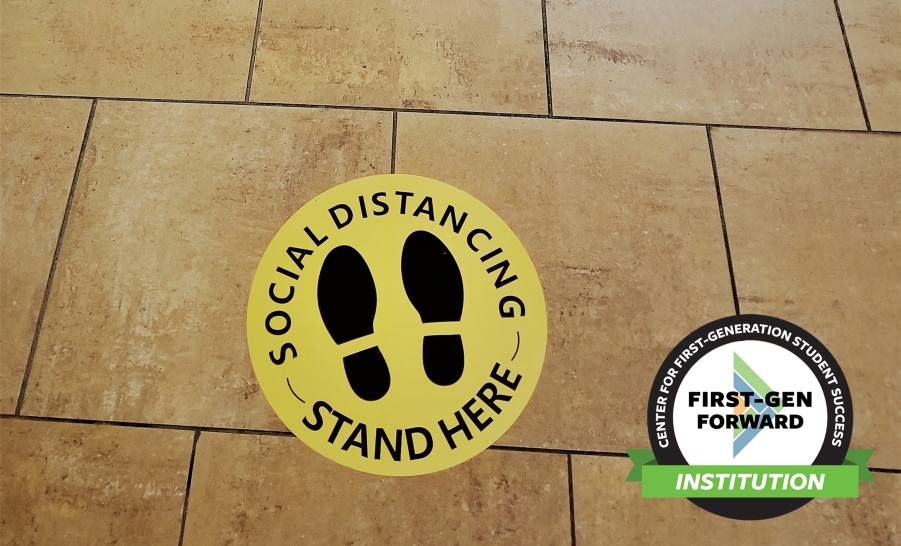First Forward Fellows: The College of St. Scholastica Faculty Spotlight
Dory Kempf M.Ed., The College of St. Scholastica / The Center / August 21, 2019
After receiving the First Forward designation, I sat down with our institution’s communication director to talk more about what this meant for The College of St. Scholastica (CSS). I talked about wanting to bring together faculty, staff, and students to further our first-generation efforts and suggested calling this working group, First Forward Fellows. The name stuck and within just a couple of days 45 community members volunteered and committed their time. We currently have over 60 members. We will be inviting more to join in the fall, but are proud that about a third of our First Forward Fellows are faculty.
My original intention was to write a very practical and informed piece about what our institution is doing to help advance efforts on campus focusing on improving the success of first-generation students and our faculty collaborations. However, as I started to collect content for this piece, it became obvious that this post should be dedicated to telling our faculty stories. Having first-generation faculty on our campus makes a difference! Below you will find CSS faculty members, their stories, and why being first-gen matters.
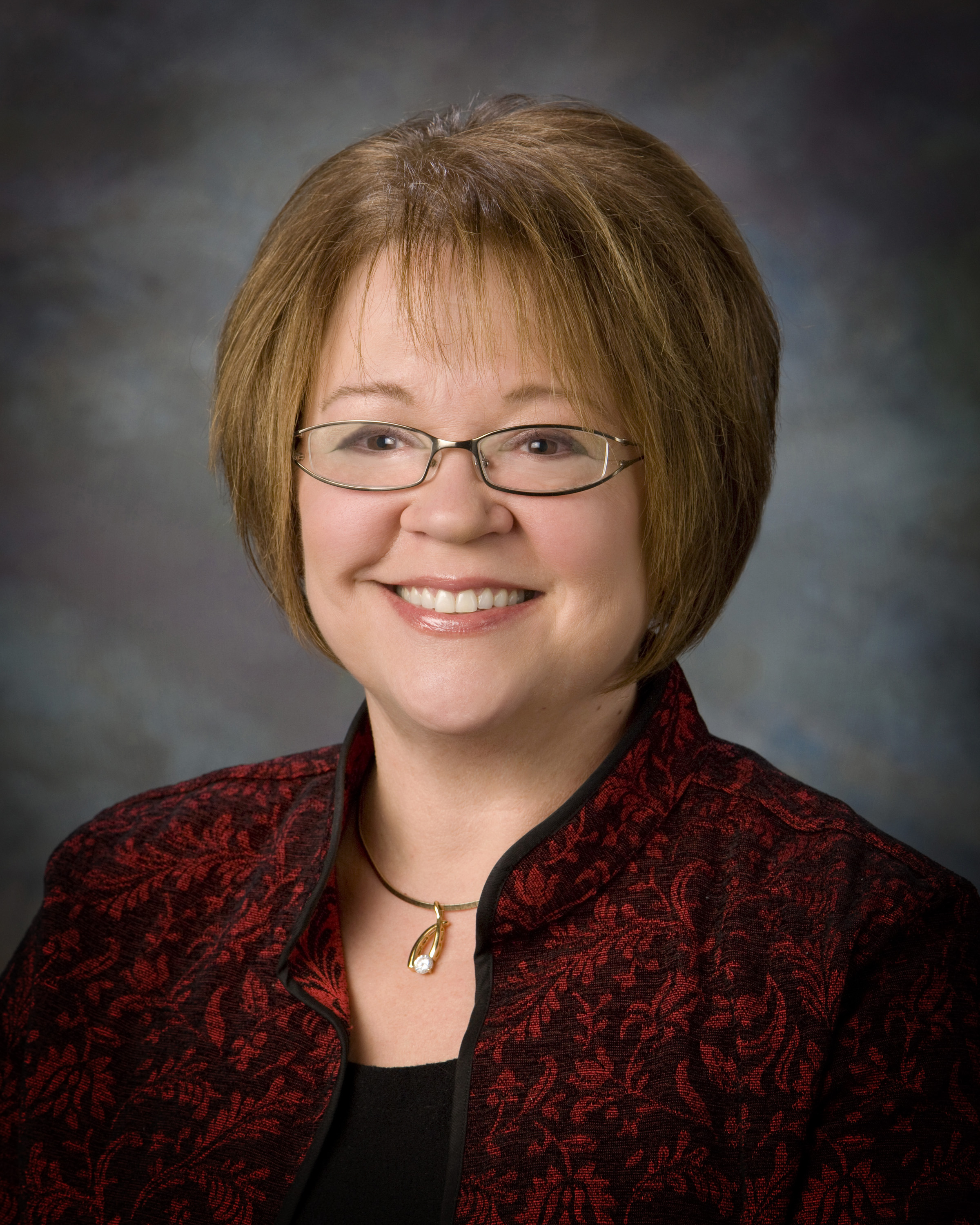
Madonna M. LeBlanc, MA, RHIA, FAHIMA, Assistant Professor, Department of Health Informatics and Information Management
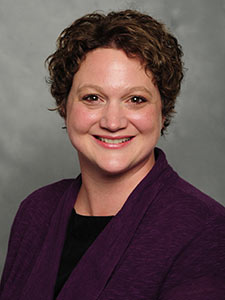
I tell my story to all my students as a first-generation college graduate to raise awareness that not everyone has the privilege of support when transitioning to college and so that if there is anyone who has questions, I may be somewhat approachable based on my own experience.
Being a First Forward Fellow aligns with my personal experience and values as well as my academic and professional passions.”
Shelly Richardson, DSW, LICSW, Assistant Professor and Chair, Social Work Department
“I grew up in a family of five children in a part of town that was red-lined - which is to say you could not get a mortgage loan due to the discrimination against impoverished blighted areas of the city. My father did not finish high school due to a shattered knee and rheumatic fever, and my mother finished high school only because her teachers ‘understood it was impossible to study when you worked from 3:00 pm - 1:00 am every day.’ Both of my parents grew up in single-parent families.
My parents valued education and made it clear that all their children would go to college. They had no clue, however, about how to guide me through this process. I began college at age 16. I did great for a few months, but working full-time nights as a nursing assistant was not conducive to good grades. It took seven years to complete my geography degree. A traumatic brain injury made it impossible to focus in graduate school and I dropped out. I turned to nursing and after several false starts, got my four year degree.
As a nurse, I focused my career on providing care to the most impoverished and disenfranchised populations - the groups my parents and grandparents came from. I felt the need to both pay it forward for all the help my parents had received from healers, as well as provide care and education to those who felt the least accepted or supported by the traditional medical system. Eventually I obtained my Master’s and began teaching nursing.
It is my belief that I can impact far more people’s lives and health by growing nurses who CARE about their patients. I strongly believe that each person’s situation is unique and requires an open heart of understanding - be they a student, a patient, or the homeless person on the street. Everyone matters!"
Candace Ginsberg, MAN, Assistant Professor in the RN to BS Nursing program
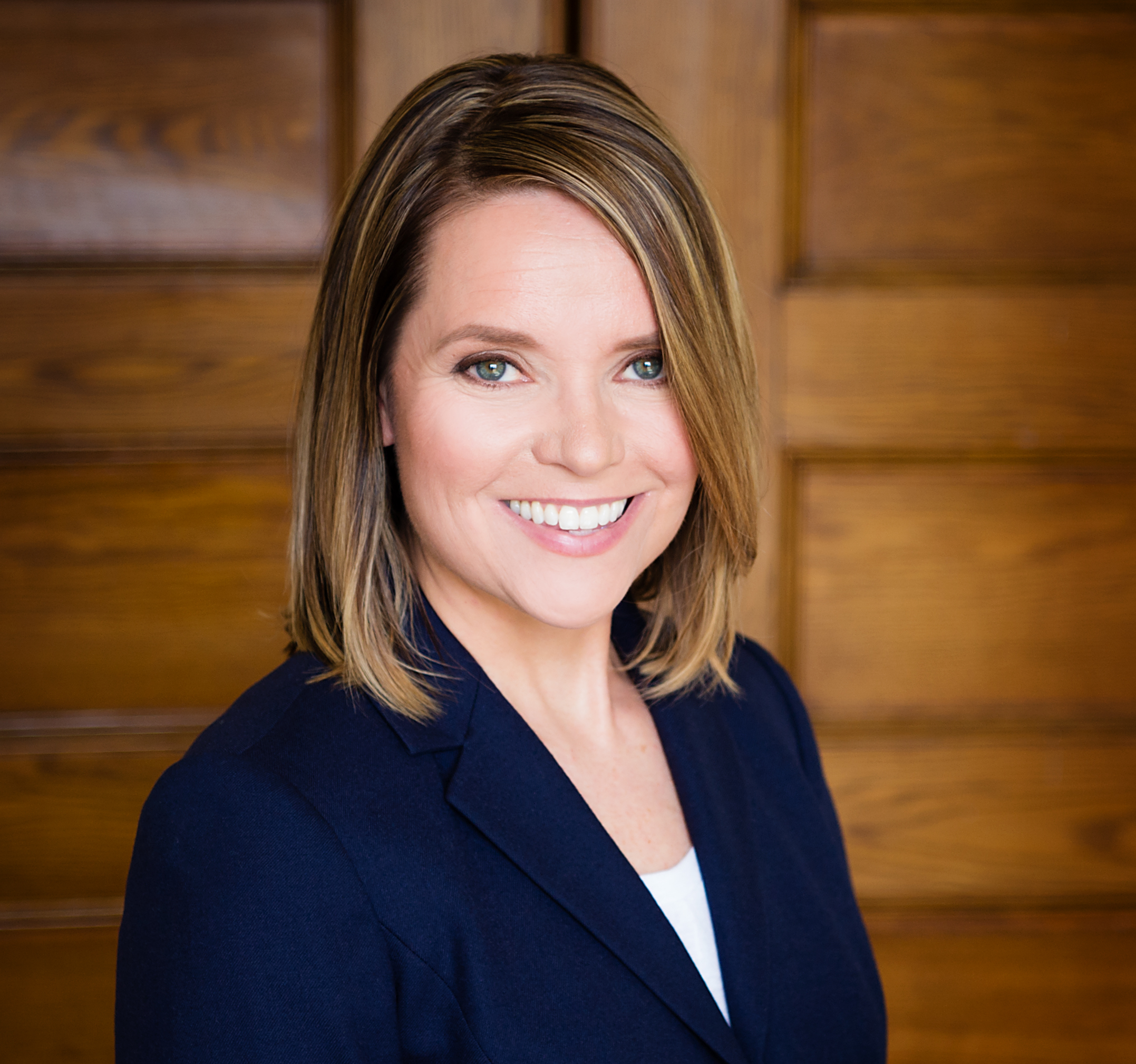
When I returned to school I enrolled part-time, changed my major and reduced my work hours. After seven years of hard work and determination I earned my Bachelor's of Science degree in Microbiology. After graduating, I worked as a laboratory technician and applied to graduate school; I was accepted into a doctorate program in molecular genetics! I earned a salary and had health benefits as a graduate teaching assistant, so, for the first time in my life I had the luxury of being a full-time student without needing a second job. I earned my doctorate and was awarded a National Academies of Sciences Post-doctoral Research Fellowship. I am very passionate about scientific research, but I wanted to share this passion with the next generation of scientists, so I left a full-time research position to begin my teaching career.
I became a First Forward Fellow because I understand first-hand the barriers and challenges faced by many first-generation and low-income college students. In my position (formerly as department chair and currently as a member of the Board of Trustees), I am working to address the systemic and cultural barriers that create inequitable access to higher education. I know that when these barriers are overcome (or, better yet, eliminated) we can soar and I hope that my story can help students overcome challenges to achieve success."
Kara Thoemke, PhD, Associate Professor of Biology
